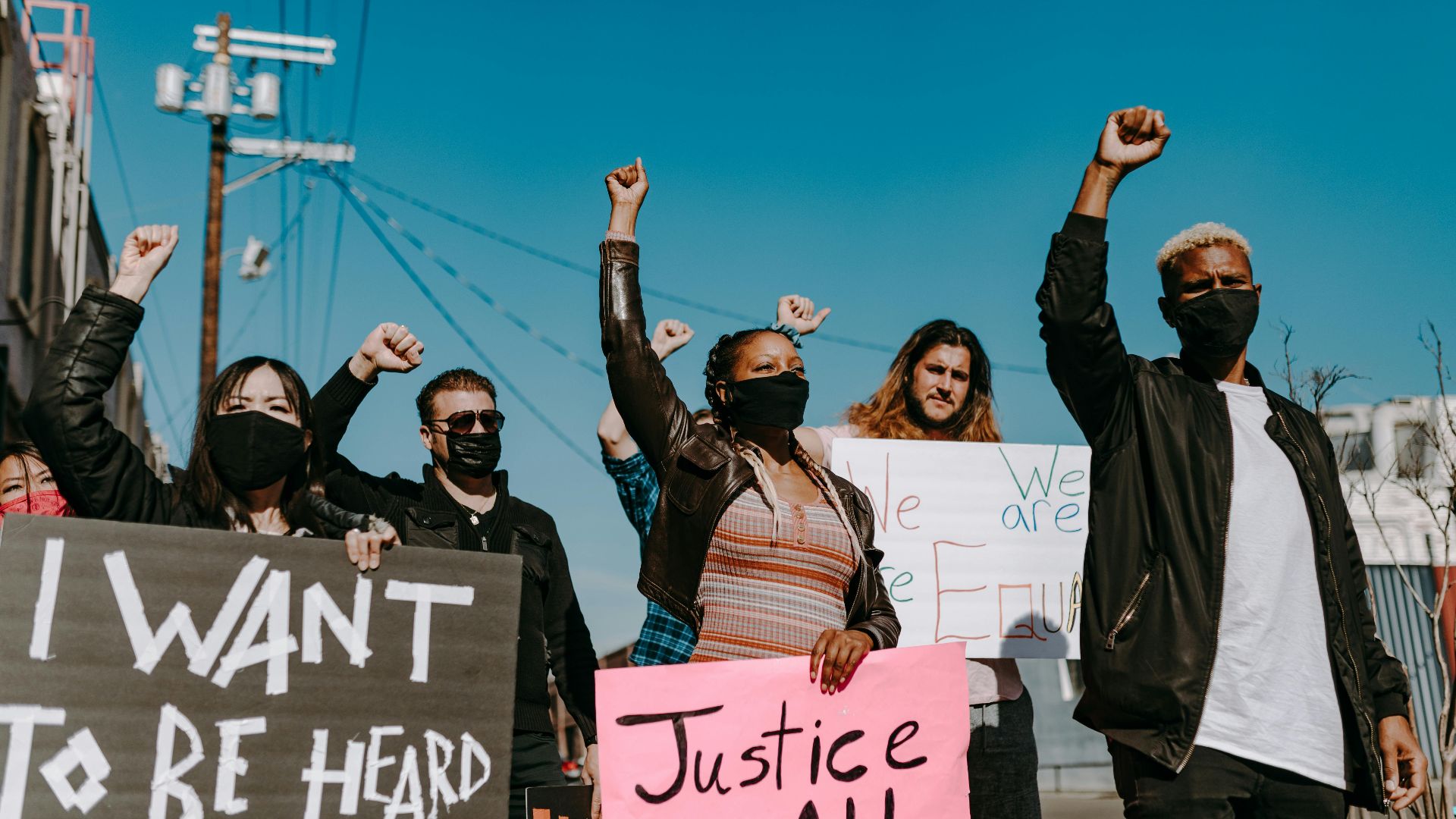The Weight of the Law
Losing your job is bad enough—but being told (or suspecting) it’s because of your weight feels downright cruel. Can an employer really do that? Well, the honest answer is…it depends on where you live. Let’s break down how the law actually works, and what rights you actually do have.
You’d Think There’d Be One Clear Rule—But Nope
Weight discrimination laws in the U.S. are a patchwork—some cities protect you, others don’t. And the states aren't any better. But before diving into your rights, it’s worth seeing why this issue has been so overlooked for so long.
Stereotypes Run Deep—And That’s Part of the Problem
Stereotypes about larger bodies being “lazy” or “unprofessional” have existed for generations. And unlike other biases, weight-based discrimination often hides behind “health” or “image” excuses—making it easier for employers to justify unfair treatment. But the big question here…is it legal?
So, Is It Illegal to Fire Someone for Their Weight?
In most of the U.S., it’s not. Yup, seriously. There’s no actual federal law specifically banning weight discrimination. That means, unless another law applies, an employer can legally fire someone because of their size—and face zero legal consequences.
Why the Law Hasn’t Caught Up
While lawmakers tackled discrimination based on race, sex, and disability decades ago, weight bias never got the same attention. Part of that’s because it’s still seen as a “personal responsibility” issue rather than a civil rights one. Until that mindset shifts, most federal lawmakers haven’t felt the pressure to act.
 Photo By: Kaboompics.com, Pexels
Photo By: Kaboompics.com, Pexels
The Civil Rights Act Doesn’t Cover It
The landmark 1964 law bans workplace discrimination based on race, color, religion, sex, and national origin—but not weight or appearance. So if weight is the only factor behind your firing, this law likely won’t apply.
The ADA Might Help—Sometimes
The Americans with Disabilities Act (ADA) can come into play if your weight is linked to a medical condition like thyroid disease, diabetes, or another disorder that substantially limits daily activities. But that protection only applies in specific cases.
 Christian Wasserfallen, Pexels
Christian Wasserfallen, Pexels
It’s a Tough Case to Prove
Courts have ruled differently across the country. Some say obesity alone isn’t a disability unless caused by a medical condition, while others recognize “severe obesity” as one on its own. The result? Legal gray areas and inconsistent outcomes.
Michigan Stands Alone with a Statewide Ban
Since 1977, Michigan’s Elliott-Larsen Civil Rights Act has banned weight discrimination statewide. It’s the only U.S. state where firing or refusing to hire someone because of their weight is clearly illegal.
 Unknown authorUnknown author, Wikimedia Commons
Unknown authorUnknown author, Wikimedia Commons
A Few Cities Have Their Own Rules
San Francisco, Washington D.C., Madison (Wisconsin), and Urbana (Illinois) all have local laws banning discrimination based on weight or appearance. These ordinances act as mini-safety nets in otherwise unprotected regions.
 en:User:Paul.h, Wikimedia Commons
en:User:Paul.h, Wikimedia Commons
New York City Recently Joined the Movement
In 2023, New York City passed one of the strongest laws yet, banning discrimination based on weight or height. Employers can’t consider body size in hiring, firing, or promotions unless it’s directly tied to the essential functions of the job.
 Adams signs bill banning height, weight discrimination, CBS New York
Adams signs bill banning height, weight discrimination, CBS New York
Other States Are Catching On
Inspired by NYC’s law, states like Massachusetts, New Jersey, and Vermont are considering similar protections. The goal: make size bias just as unacceptable as discrimination based on gender or race.
Why Employers Still Get Away with It
Even in places with laws on the books, employers often hide bias behind vague excuses—like “not the right fit” or “concerns about health.” Those coded phrases can be difficult to challenge without direct proof.
When Weight Bias Overlaps with Other Discrimination
Sometimes, weight isn’t the only issue. If your employer’s comments also involved gender, age, or disability stereotypes, your case might qualify under broader anti-discrimination laws—even if weight alone isn’t protected.
If You Suspect Bias, Document Everything
Write down dates, names, and details of conversations. Save emails, texts, and performance reviews. Even casual remarks about “appearance” or “fitness” can help establish a pattern of discrimination later.
Filing a Complaint or Seeking Help
If you live somewhere with protections—or your case might fall under the ADA—you can file a complaint with your state’s human rights agency or the EEOC. An employment attorney can help evaluate your options and guide next steps.
HR May Still Step In—Even Without a Law
Many companies don’t want the public backlash that comes with body-shaming allegations. If you feel safe, report it internally. Some HR departments act even when there’s no law forcing them to—especially in larger companies.
Public Opinion Is Changing Fast
Thanks to movements like #BodyPositivity and #FatAcceptance, more people are calling out size bias as discrimination, not personal failure. Companies and lawmakers are finally starting to take notice.
Momentum Is Building Nationwide
With new laws and proposals gaining traction, the U.S. may soon join countries like Canada and Iceland, where weight discrimination is already banned. Progress is slow—but it’s happening.
 New Yorkers Celebrate Law That Protects People Based on Weight or Height | VOANews, Voice of America
New Yorkers Celebrate Law That Protects People Based on Weight or Height | VOANews, Voice of America
Bottom Line
In most of the U.S., being fired for your weight isn’t technically illegal—but that’s starting to change. Depending on your health, your location, and your employer’s conduct, you may have legal options. And with more awareness every year, weight bias in the workplace may finally be on its way out.
You Might Also Like:
I'm very good at my job but my boss hasn't given me a raise in 5 years. Is that legal?




















